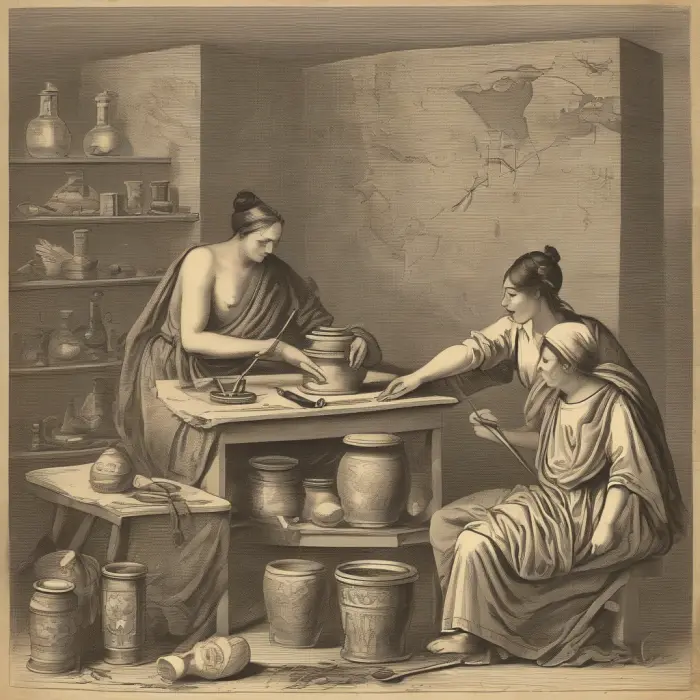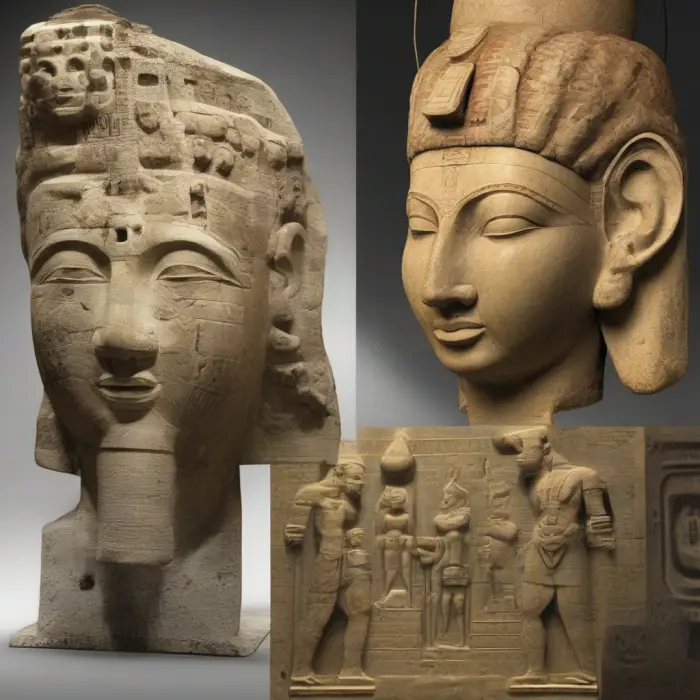When it comes to historical figures, it seems we may only know the condensed versions of their lives. While they are often portrayed as one-dimensional characters, the truth is that they all have quirky facets and eccentricities just like everyone else. Here are some strange and surprising facts about historical figures you might not know.
Isaac Newton
Sir Isaac Newton, renowned mathematician, physicist, and astronomer, also dabbled in alchemy and the dark arts. While he is primarily lauded for his scientific contributions, such as the laws of motion and universal gravitation, Newton also spent a significant part of his life studying occult subjects. He even apparently attempted to create the mythical philosopher's stone that could supposedly turn lead into gold and offer eternal life.
Leonardo da Vinci
Leonardo da Vinci, one of the greatest minds of the Renaissance, was an incessant doodler. His notebooks, filled with various inventions, studies, and speculations, were also home to doodles of incredible complexity. He sketched his cats and dragons, scribbled down jokes, and even drafted shopping lists within them. Da Vinci's doodling habit illustrates the unlimited imagination and creativity of one of history's most talented artists and inventors.
Benjamin Franklin
A Founding Father of the United States, Benjamin Franklin, is known for his significant contributions to literature, science, and politics. Franklin was also notoriously committed to self-improvement and even crafted a system dedicated to achieving moral perfection. However, Franklin was also part of a secret society called the "Hellfire Club". This society, known for its hedonistic rituals and debauchery, was a stark contrast to Franklin's public persona.
Genghis Khan
The feared Mongol ruler, Genghis Khan, who conquered vast parts of Asia and Europe, had diverse religious views. Though born into shamanism, he famously declared freedom of religion across his empire. Khan believed that religious tolerance was essential for a unified society and even granted tax benefits to places of worship. This emphasis on religious tolerance in such a violent period of history, led by such a ferocious leader, is indeed a surprising fact.
Mozart
Wolfgang Amadeus Mozart's musical genius is unquestionable. However, an often overlooked aspect of Mozart's character was his inclination towards scatological humor. This fact, although jarring to some, was not uncommon in 18th-century Europe, and references to this crude humor are found within his letters and even in some of his musical compositions.
These examples show us that, no matter how much we idolize or demonize historical figures, they were complex individuals with their own peculiar quirks and eccentricities. Not only does this humanize them, but it also enriches our understanding of the past.










